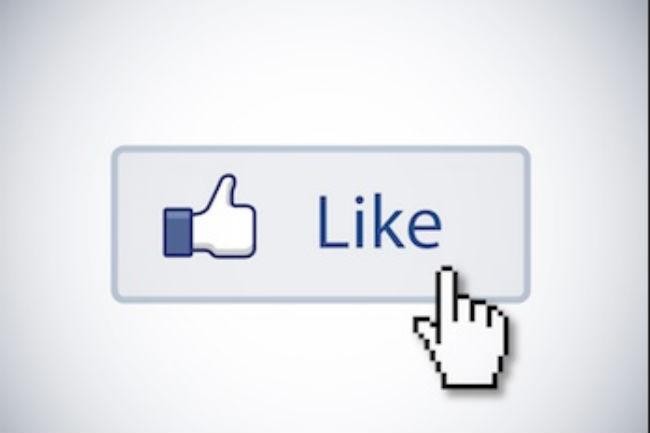The Senate Judiciary Committee approves a law defining what constitutes a “real” reporter; shielded journalists would be entitled to certain legal protections, such as being allowed to refuse to testify about sources. (Christian Science Monitor)
Justice Ginsburg’s dissent from last term’s affirmative action cases was inspired by the famous “footnote four” from the 1938 Carolene Products opinion. (New Yorker)
Sandusky’s appellate attorneys raise multiple arguments in their effort to secure a new trial. (Time)
Lawyer sues two Wikipedia editors for defamation; one defendant argues that the suit has the effect of chilling other editors on the website. (ABA Journal)
Ninth Circuit affirms Barry Bond’s conviction, holding that misleading or evasive statements to a grand jury may constitute obstruction of justice, even if they are factually true. (United States Court of Appeals for the Ninth Circuit)
Court denies FOIA request seeking disclosure of images of an individual believed to be the intended twentieth 9/11 hijacker. (SDNY)
Whitey Bulger’s taxpayer-funded defense lawyers will recover millions in costs. (CNN)
The Supreme Court’s rulings on same-sex marriage have caused the DC Superior Court to expand its marriage bureau, as couples travel to the District to get marriage licenses. (Washington Post)
British judge rules that a witness must remove her niqab when testifying so that the jury and judge can assess her credibility. (BBC News)
Assad will likely never be tried by the International Criminal Court. (Harper’s)
Fourth Circuit holds that “liking” something on Facebook is speech protected by the First Amendment. (United States Court of Appeals for the Fourth Circuit)









